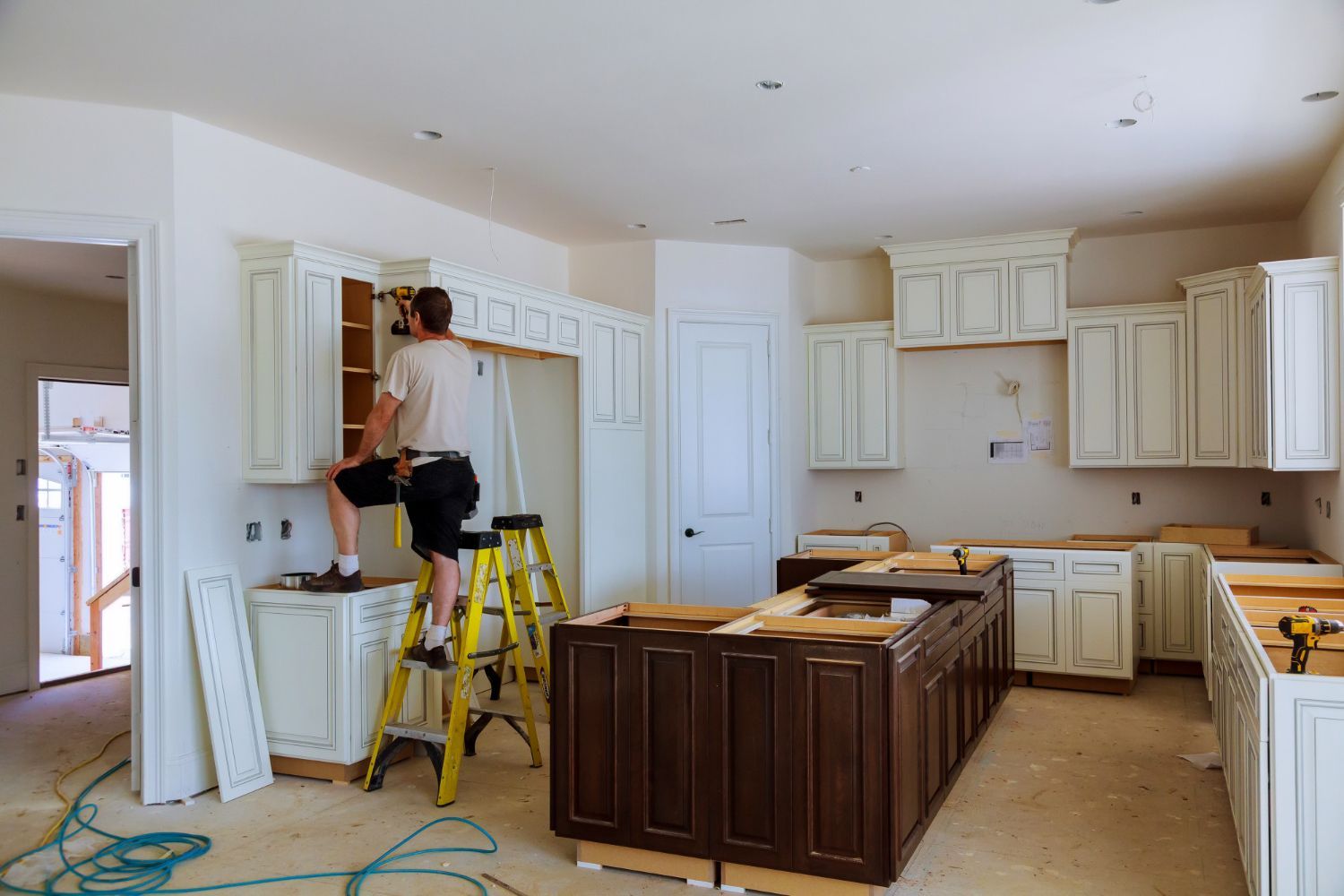VALUATION V APPRAISAL
It can be confusing, frustrating even, when a local real estate agent tells you a property is worth one figure, and a lender comes back with an entirely different one. What’s going on??
It is a question that puzzles many, you are not alone.
There is a distinct difference in what is happening when these figures are put together – and it is not simply an ulterior motive.
Let’s start with the real estate figure, called an Appraisal or Sales Appraisal.
Pre-Covid it was common to receive regular advertisements for “free appraisals” from local Real Estate Agents (unless you have a ‘no junk mail’ sticker’!). While these mailings may be less frequent, or perhaps a thing of the past, the free appraisal is still very much with us. These are conducted by a licensed real estate agent and generally form a part of a sales process. The agent will take into consideration:
- Property, its features and presentation;
- Market trends (both local and broad);
- Recent and relevant property sales;
- Personal knowledge and experience; and
- Recent and relevant conversations and experiences.
These appraisals are very helpful with getting an understanding of what price bracket your property could be placed in should you choose to sell. However this figure cannot be used with lenders.
This brings us to Valuations.
These may be done at the request of the property owner, or a lender, and are not free. The average cost of a valuation is between $300 and $600, and will provide you with a formal valuation report able to be used with lenders and legal institutions. The valuation will be done by a Certified Practicing Valuer. They will look at all aspects of the building, land and location when doing their calculation. While it can be influenced by their personal experience, it should provide an independent, impartial and unbiased report. It is this figure that Lenders will use when calculating the LVR* and directly impacts the amount they will be willing to lend.
In short:
Appraisal – Free as part of a sales process and provides a sales estimate should it go to market.
Valuation – Paid report to detail the actual value of a property to determine equity or the amount that can be borrowed against a property.
Complementary Valuations
(Did we say complementary valuations? Yes!) The good news is, if you choose to purchase or refinance through Future Finance Group, as we have a close relationship with multiple lenders, we have access to
complimentary valuations . If you want to know more, get in touch with our team today on (03) 8657 8664 or
online and we can help you get started!
*We didn’t forget the LVR. This is Loan to Value Ratio. It is a formula to calculate the percentage of property value you are wishing to borrow.
We are happy to show you what this looks like for your situation! And help you see exactly where you stand.
Sources and links:
- REISA
- LJ Hooker
- Little Real Estate
- ANZ
- CommBank
- Realestate.com.au
Disclaimer: This article provides general information only and has been prepared without taking into account your objectives, financial situation or needs. We recommend that you consider whether it is appropriate for your circumstances and your full financial situation will need to be reviewed prior to acceptance of any offer or product. It does not constitute legal, tax or financial advice and you should always seek professional advice in relation to your individual circumstances. Subject to lenders terms and conditions, fees and charges and eligibility criteria apply. © 2021




